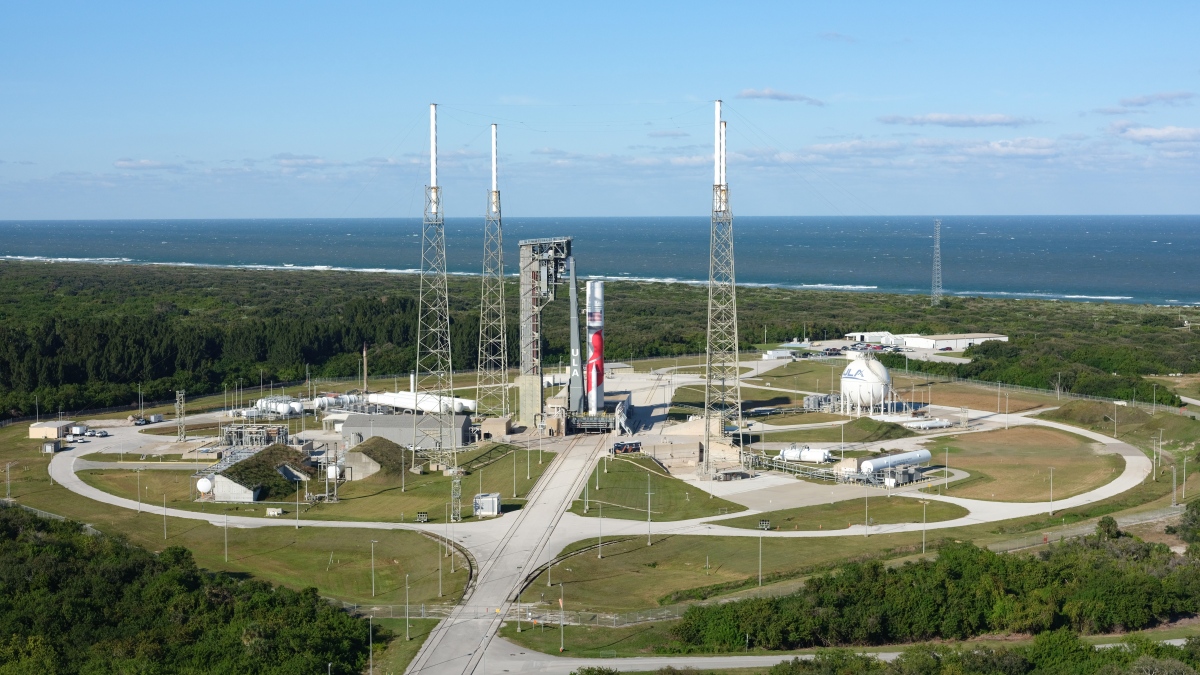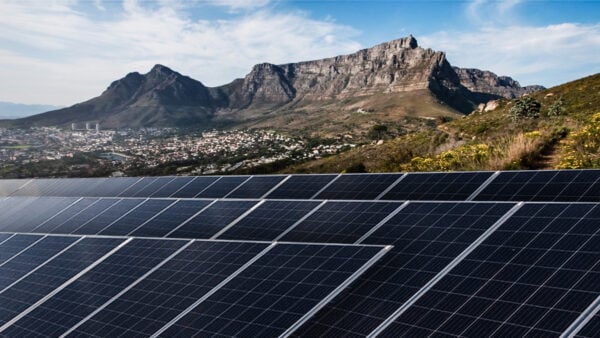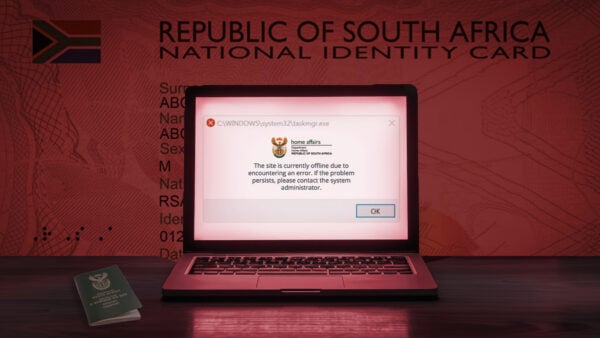Amazon to launch first Project Kuiper satellites

Amazon.com says it will launch the first batch of satellites to power its internet-from-space initiative as soon as April 9.
The company’s Project Kuiper aims to put more than 3,000 satellites in low-Earth orbit, delivering internet connectivity to companies, governments and consumers, a business that today is dominated by SpaceX’s Starlink.
The launch, from Cape Canaveral Space Force Station in Florida, will deploy 27 satellites, Amazon said in a blog post on Wednesday.
The company says it anticipates starting to serve customers later this year.
Amazon launched two prototype satellites in late 2023, and envisioned starting service tests the following year, with wider availability to follow in 2025.
But the rollout was delayed as builders of the rockets Amazon contracted for rides to space faced technical problems.
Amazon also said launches of US national security hardware took priority.
The first Kuiper satellites will ride on an Atlas V rocket, built by United Launch Alliance, a Boeing and Lockheed Martin joint venture.
Amazon launched its first two satellites at the end of 2023 as part of its initiative to build a massive constellation comprising 3,326 satellites to offer the Project Kuiper service.
Vodacom recently told MyBroadband that it plans to deploy the Internet service in South Africa once it goes online.
“Vodacom and Vodafone remain committed in their ambition to potentially use Amazon’s Project Kuiper to extend the reach of their network coverage in Africa,” Vodacom said.
“It is envisaged that Vodacom, Vodafone and Project Kuiper would potentially begin deploying services in Africa and Europe when Amazon’s production satellites come online.”
However, following the Independent Communications Authority of South Africa (Icasa’s) public hearing on proposed satellite frameworks in the country, Vodacom says there is room for improvement.
“We welcome the authority’s consultation in this regard, noting that satellite services have the potential to supplement mobile terrestrial services subject to appropriate regulatory terms and conditions,” the Vodacom spokesperson said.
However, it said that it is concerned about some of the proposals that are not adequately substantiated and, in some cases, “appear to suggest a proposed approach that is not supported in law.”
Reporting with Bloomberg
































